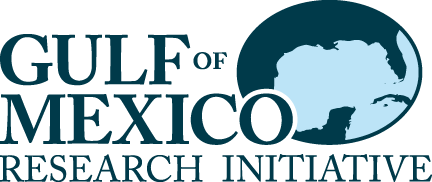Summary:
Overview
Dr. Jack Gilbert at the University of Chicago was awarded an RFP-II grant at $238,780 to lead the RFP-II project entitled “Creating a Predictive Model of Microbially Mediated Carbon Remediation in the Gulf of Mexico” that consisted of 1 institution and 2 research team members. Dr. Gilbert’s research focused on creating a microbial assemblage model that uses environmental parameters measured at the time of community isolation combined with metagenomic sequence data to generate a predictive environment in silico. This model environment will enable artificial manipulation of conditions (temperature, hydrocarbon availability, weather patterns, etc.) to determine the resultant impact on community structure and hydrocarbon metabolism in future scenarios.
Research Highlights
Dr. Gilbert’s research, which included 4 outreach products and activities, resulted in 5 peer-reviewed publications and 2 datasets being submitting to the GoMRI Information and Data Cooperative (GRIIDC), which are/will be available to the public. Dr. Gilbert engaged 1 postdoctoral fellow and 1 student over his award period. Significant outcomes of his research according to GoMRI Research Theme are highlighted below.
Theme 3 RFP-II Research Projects
Genomics research by Dr. Jack Gilbert (RFP-II) on the microbial community associated with sediments collected after the DWH spill (both oil contaminated and uncontaminated) identified a shift in the microbial community associated with nitrogen cycling, an important component for ecosystem stability. Dr. Gilbert and colleagues modeled the denitrification processes and used this to predict how the microbial community responds to oil pollution events over different timescales. The group also catalogued the diversity of bacterial species involved in hydrocarbon metabolism and uncovered a previously unknown reservoir of taxa from the Gammaproteobacteria that fulfill dozens of new metabolic niches utilizing different components of the crude hydrocarbon composition.

